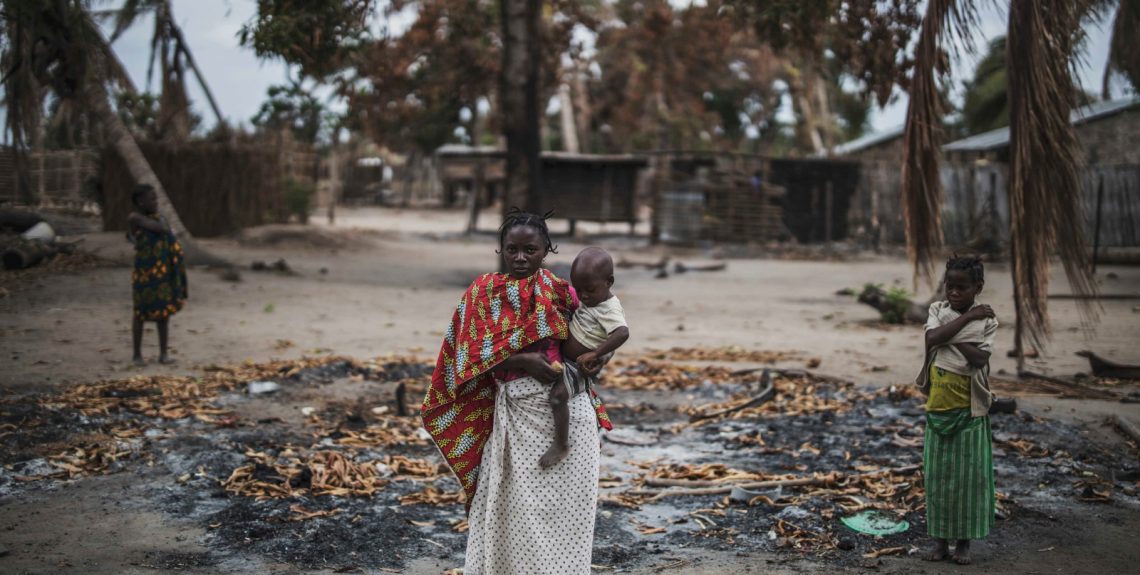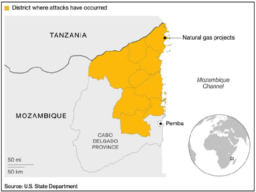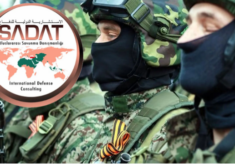
Archive

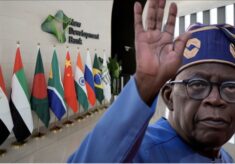
Nigeria’s BRICS Partnership: Opportunities and Challenges
11 February 2025
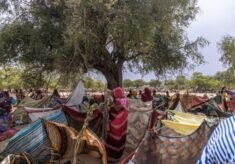
War in Sudan: it’s refugee crisis in Chad
11 December 2024
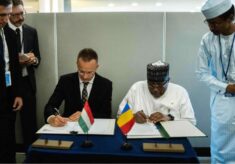
Hungary and Chad: military and security cooperation
6 November 2024

Iran and Burkina Faso: MoU on peaceful nuclear cooperation
9 October 2024
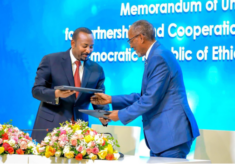
Somaliland and Ethiopia: the horn of Africa
3 September 2024
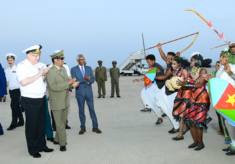
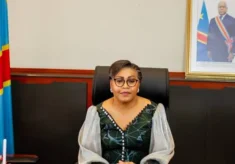
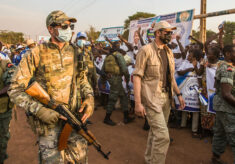
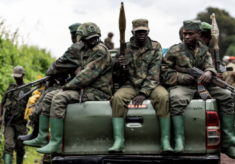
Kivu: the ongoing proxy war
10 April 2024
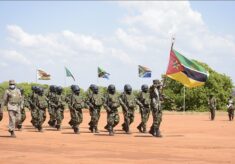
Mozambique: is the insurgency out?
6 March 2024
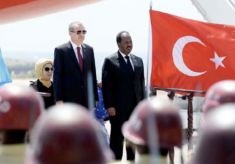
Turkey’s Growing Influence in Somalia
5 February 2024
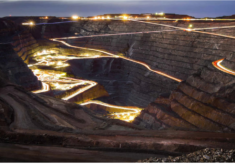
Saudi Arabia, Japan, USA and Africa: partnerships on rare earths
11 January 2024
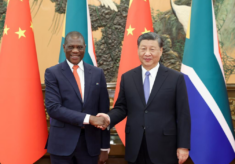
China and South Africa: a deepening relationship
1 December 2023
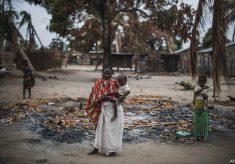
Al Sunnah wa Jama’ah: the Mozambican hotbed
30 June 2020
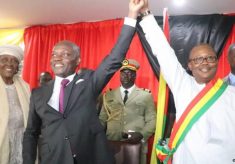
Guinea-Bissau: is the political impasse really over?
29 April 2020
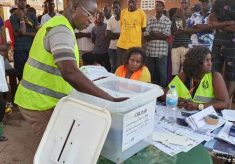
Guinea-Bissau: between stability and drug trafficking
25 February 2020
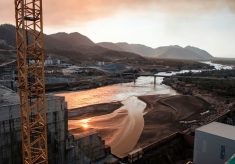
The dangerous dispute over the Grand Ethiopian Renaissance Dam
31 January 2020
JANUARY
FEBRUARY
MARCH
APRIL
MAY
JUNE
JULY
AUGUST
SEPTEMBER
OCTOBER
China and the increasing role in UN missions (Nov. 2015)
DECEMBER – China’s strategy in the continent: peacekeeping and economic goals

